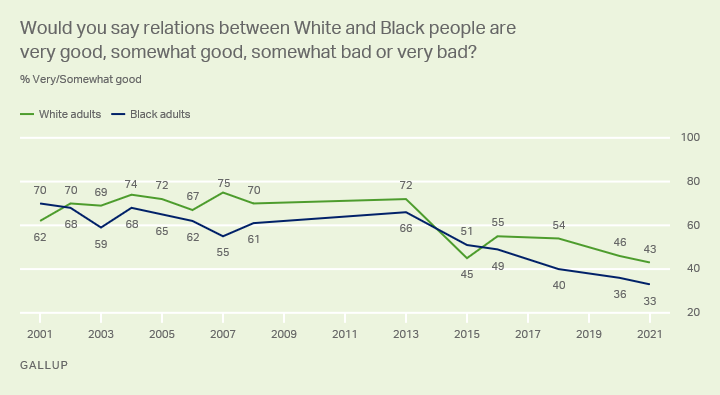

Beyond the very obvious risks to physical health and to the economy, the epidemic is also affecting people’s social connectedness, their trust in people and institutions, their jobs and incomes, as well as imposing a huge toll in terms of anxiety and worry. With close to 900 000 cases 1 confirmed worldwide and the scale of contagion still rising in most affected countries, COVID-19 is causing tremendous human suffering with serious and long-term implications for people’s health, well-being and quality of life. It calls for rapid and decisive action by governments in order to support the most vulnerable people highlighting the importance of a broad and coordinated policy response that includes strengthened social protection, education, health care, housing support and specific interventions to enhance personal security of women and children, as well as actions supporting vulnerable workers, small businesses, communities and regions left behind. This policy brief looks at the broad range of effects that COVID-19 will have on different aspects of people’s lives, with a focus on specific population groups such as children, women and the elderly. The short and medium-term impacts of COVID-19 will be particularly severe for the most disadvantaged and risk compounding existing socio-economic divides. Beyond the immediate impacts on health, jobs and incomes, the epidemic is increasing people’s anxiety and worry, affecting their social relations, their trust in other people and in institutions, their personal security and sense of belonging.


In only a few weeks, COVID-19 has profoundly changed our lives, causing tremendous human suffering and challenging the most basic foundations of societal well-being.


 0 kommentar(er)
0 kommentar(er)
